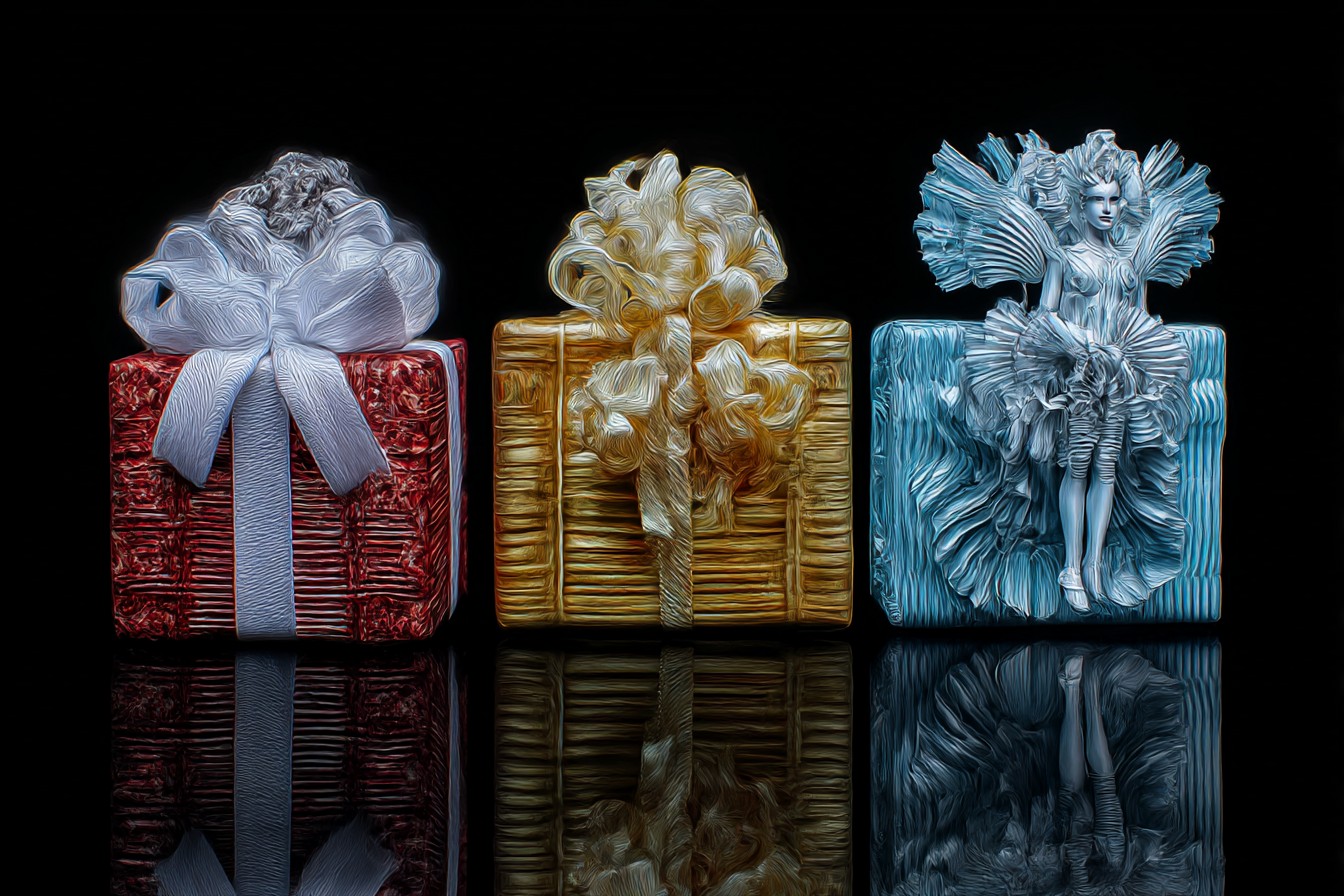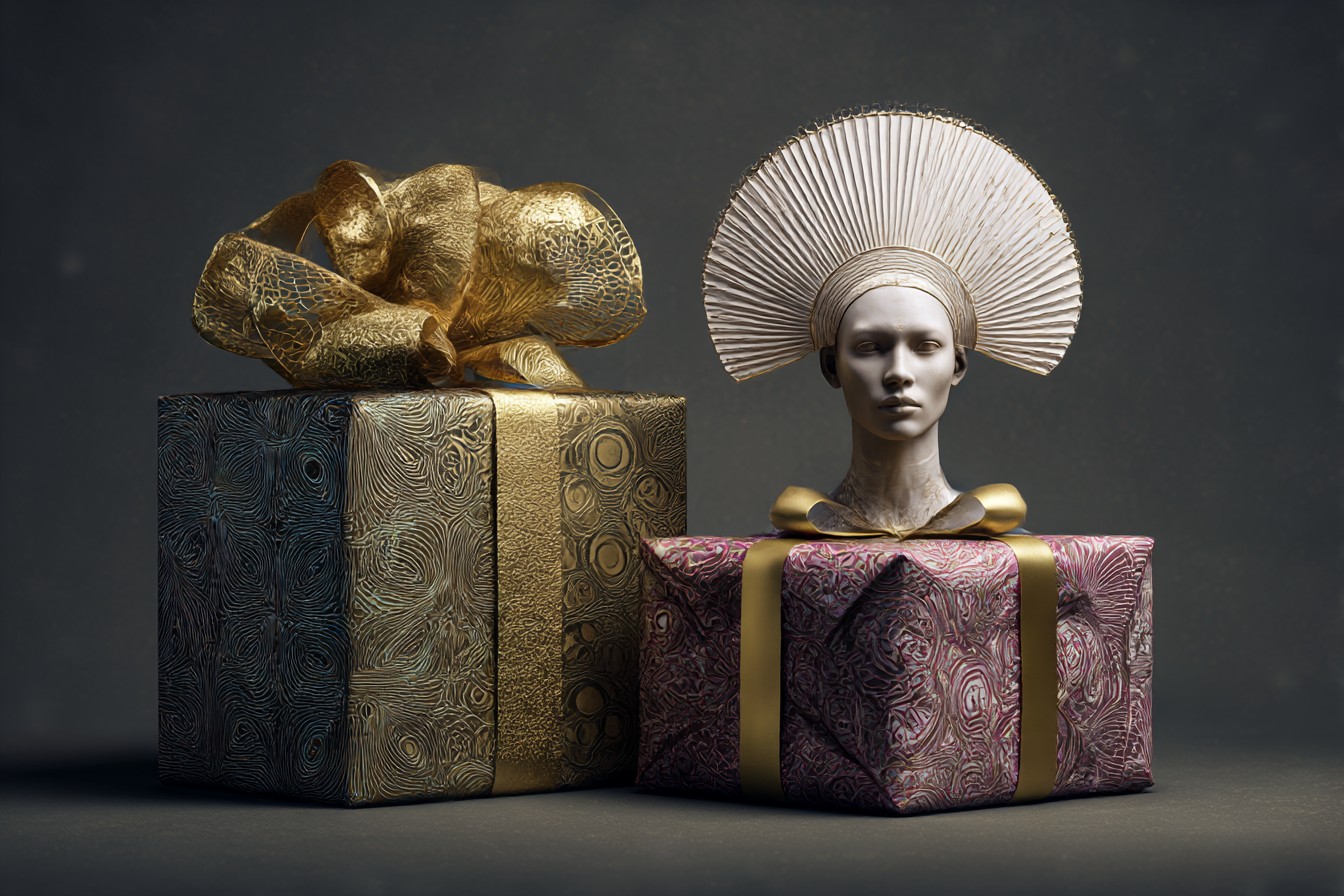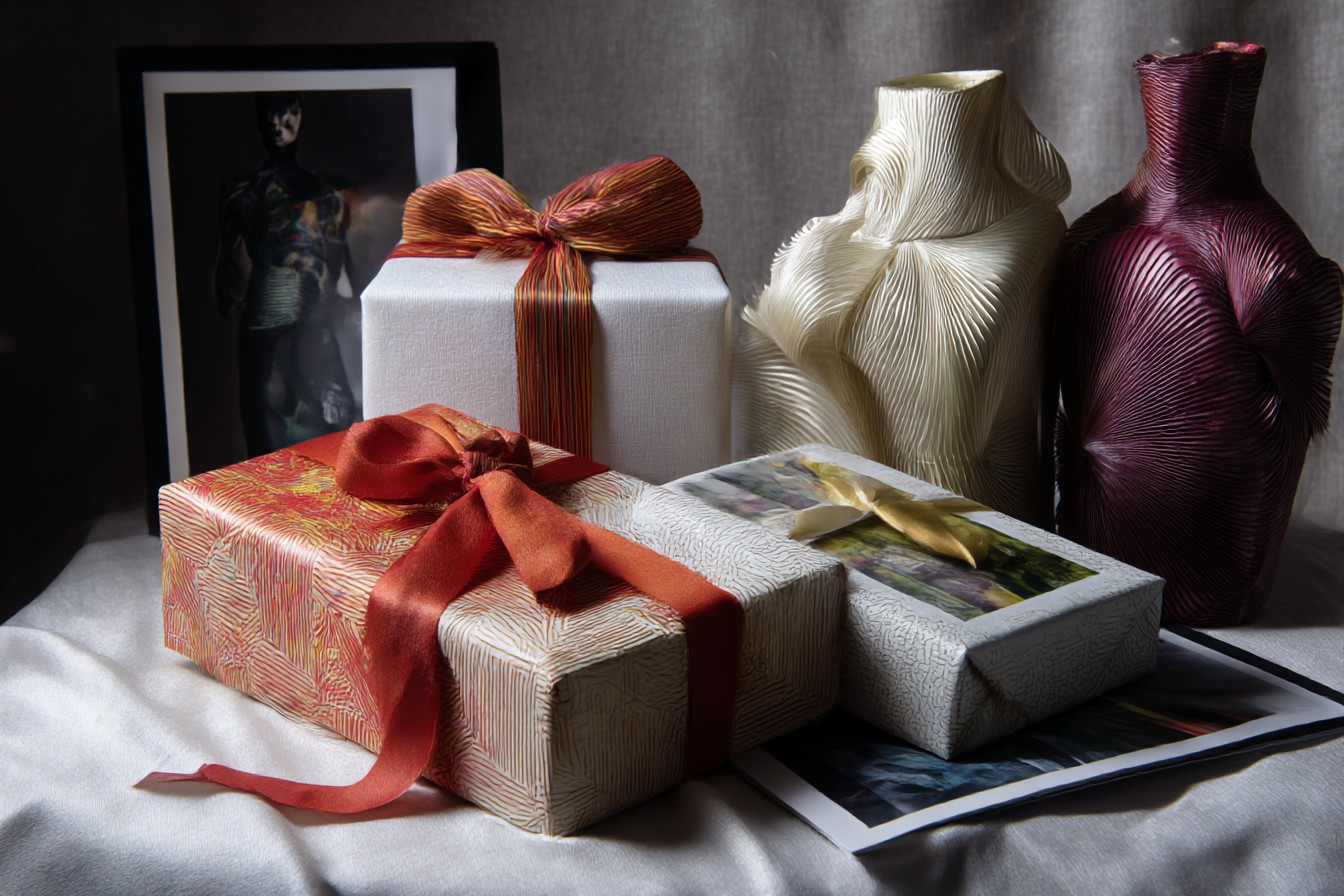I’ll never forget the moment I realized gift-giving across cultures was way more complicated than I’d imagined. Jake and I had been invited to his colleague Mei’s traditional Chinese wedding banquet, and I spent weeks researching appropriate gifts. I settled on a beautifully crafted set of crystal wine glasses that screamed “elegant wedding present” to my American brain.
The look on Mei’s face when she opened our gift wasn’t exactly the delighted surprise I’d hoped for. She thanked us graciously, but something felt off. It wasn’t until months later that I learned crystal is associated with breakable relationships in some Chinese traditions. Basically, I’d given a “hope your marriage shatters” gift. Talk about a gift fail of epic proportions!
I’ve spent the years since that mortifying mishap learning everything I could about cross-cultural gift-giving. Because here’s the thing – when you care enough about someone to celebrate their milestones and traditions, you want your gift to show respect for who they are and where they come from. And sometimes that means stepping outside your own cultural comfort zone.
Last week, my neighbor Priya invited me to her daughter’s Arangetram – a debut performance marking years of intensive training in classical Indian dance. I nearly fell into my standard “nice bouquet of flowers” default before remembering that in many Indian celebrations, specific flowers have particular meanings and uses. A quick call to Priya’s sister saved me from another potential gift disaster, and I arrived with an appropriate arrangement of yellow and orange marigolds instead.
Let me tell you something I’ve learned the hard way – what feels thoughtful through your cultural lens might completely miss the mark through someone else’s. It’s like we’re all speaking different gift languages, and assuming everyone appreciates the same things you do is basically gift-giving malpractice.
So how do you navigate this complicated territory without stepping on cultural landmines? I’ve developed some approaches after many (MANY) awkward moments and recovery conversations that I’m still cringing about years later.
First things first – do your homework, but don’t treat it like a research paper. When my college roommate Dana invited me to her traditional Jewish wedding, I didn’t just Google “appropriate Jewish wedding gifts.” I called her mother and asked questions about their family traditions. The conversation was a bit awkward at first – “Hi Mrs. Goldstein, it’s Olivia, Dana’s weirdly gift-obsessed friend from college…” – but it led to me giving a tzedakah box that honored both the cultural tradition and held personal significance for Dana’s family.
The conversation approach works wonders if you have access to someone who can guide you, but what if you don’t? My neighbor Rodrigo was celebrating his son’s First Communion, and I didn’t feel comfortable admitting my complete ignorance about Catholic traditions. In cases like this, observation becomes your best friend. I noticed that Rodrigo’s home had several beautiful religious items displayed with care, so I visited a local Catholic gift shop and asked for help selecting an appropriate keepsake for the occasion. The shop owner was delighted to explain the significance of different items, and I ended up with a silver cross that Rodrigo later told me was “perfect.”
Here’s a trick I’ve learned – when celebrating someone from another culture, look for gifts created by artisans from that same background. When my friend Leila graduated with her master’s degree, I found a beautiful hand-painted ceramic plate made by an Iranian artist (reflecting Leila’s Persian heritage) rather than something mass-produced with “Persian-inspired” designs. Not only was the gift culturally authentic, but it also supported an artist from her community. Leila displayed it immediately in her apartment and told me it reminded her of pieces her grandmother had.
Food gifts can be wonderful cultural connectors, but they’re also potential minefields. I once brought a bottle of wine to a dinner at my Muslim colleague Fatima’s home – a mistake I still facepalm about years later. Food and beverage restrictions aren’t universal even within cultures (Fatima was actually fine with it, though she didn’t drink herself), but they require special attention.
Instead of making assumptions, I’ve found that food gifts from YOUR cultural background, when given with explanation and care, can actually be meaningful bridges. When my Korean American friend Jin invited me to her housewarming, I brought a tin of my grandmother’s Italian cookies along with a more traditional Korean gift. The cookies came with a story about my own family traditions, creating a cultural exchange rather than an imposition. Jin and I ended up comparing our grandmothers’ baking techniques, and now we swap family recipes regularly.
Money is another complicated territory across cultures. In some traditions, cash gifts are considered thoughtful and practical. In others, they might seem impersonal or even inappropriate. For my friend Hiroshi’s wedding, I learned that in Japanese tradition, crisp, new bills presented in a special decorative envelope called a shugi-bukuro would be appropriate. The specific amount mattered too – I needed to avoid amounts divisible by two (which symbolize separation) and include bills that were fresh from the bank. These details would have completely escaped me if I hadn’t asked questions first.
The biggest mistake I see people make is treating cultural traditions as monoliths. My friend Amara is Nigerian American, but assuming all Nigerian traditions would resonate with her would be as ridiculous as assuming I follow every Italian American tradition just because of my last name. When I wanted to give her something for her baby shower that honored her heritage, I asked specifically about HER family’s traditions rather than making broad assumptions.
Technology has made researching cultural gift practices easier, but it can also lead you down some weird rabbit holes. I once spent three hours reading about traditional gift-giving in Thailand because my dental hygienist mentioned she was visiting family in Bangkok. By the time I realized I was deep into articles about royal Thai gift protocols that had absolutely nothing to do with my actual situation, I’d wasted an evening and still had no idea what to give her as a going-away present. (I ended up with a practical travel pillow and a handwritten note, which she loved.)
Social media can actually be a goldmine for understanding what matters to someone culturally. My colleague Min shares Korean holidays and traditions on her Instagram, which gave me insight into which celebrations were personally meaningful to her. When Chuseok (Korean Thanksgiving) came around, I knew from her posts that it was an important holiday for her family, and I could give her something that acknowledged the day without being presumptuous.
I’ve learned to be particularly careful around religious holidays and celebrations. When my friend Aditya invited me to his Diwali gathering last year, I knew it was a festival of lights, but beyond that, I was clueless. Instead of guessing, I simply asked: “I’d love to bring something appropriate for the celebration – could you guide me?” His suggestions led me to a beautiful box of mithai (Indian sweets) from a specific shop he recommended, rather than the scented candles I might have chosen on my own.
Gift-giving missteps across cultures have taught me something important – humility goes a long way. We’re all going to make mistakes sometimes, and owning them gracefully matters more than perfect execution. Last Eid, I gave my friend Samira a gift that I later learned wasn’t quite right for the occasion. When I apologized, she laughed and said, “The fact that you even know when Eid is means more than getting the perfect gift.”
That’s the thing about cross-cultural gift-giving – it’s not actually about the perfect execution but about the intention to honor something important to someone you care about. The most meaningful reaction I’ve received wasn’t for a gift that checked all the cultural boxes perfectly, but for one that showed I was paying attention to what mattered to my friend.
My colleague David is Jewish, and after hearing him mention several times how much he missed his grandmother’s homemade challah, I found a bakery run by a Jewish family that made traditional challah from an old family recipe. The bread itself wasn’t particularly expensive or impressive-looking, but when I gave it to him before Shabbat, his eyes actually welled up. “It smells just like my bubbe’s kitchen,” he said. That connection – that moment of feeling seen and understood – that’s the real gift.
I keep a section in my gift notebook (yes, I still maintain those, much to Jake’s continued amusement) specifically for cultural considerations. Not just broad strokes like “red is lucky in Chinese culture” but specific notes about the individuals in my life – which traditions they observe, which holidays they celebrate, which aspects of their cultural heritage they’ve mentioned as meaningful.
Sometimes the most respectful gift isn’t culturally specific at all. When I wasn’t sure about appropriate gifts for my neighbor’s Ramadan celebration, I asked her directly. She appreciated my interest but told me that rather than trying to give something traditionally “Muslim,” a contribution to the food drive her mosque was organizing would be most welcome.
The beauty of thoughtful cross-cultural gift-giving isn’t just that you’ve found the “correct” present. It’s that you’re participating in a genuine exchange – showing respect for traditions that might be unfamiliar to you while creating connections that transcend cultural differences.
So before you panic about finding the perfect gift for someone whose cultural background differs from yours, remember this: approach with curiosity rather than assumption, ask respectful questions when appropriate, do your homework from reliable sources, and focus on the individual person rather than broad cultural stereotypes.
And if you mess up? Well, join the club. I have an entire section in my gift fail document labeled “cultural facepalms.” We learn, we apologize, we do better next time. Because ultimately, the most universal gift is showing someone that you see them, you value them, and you care enough to try to understand what matters in their world.



